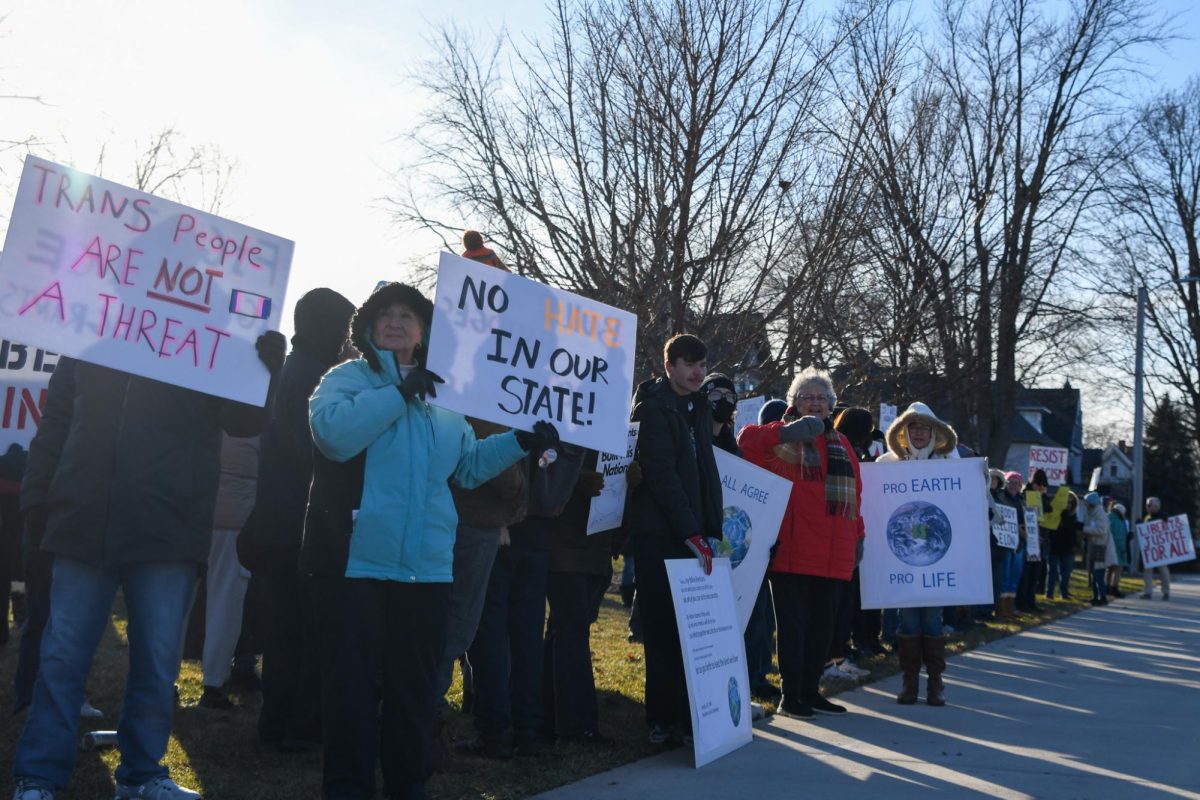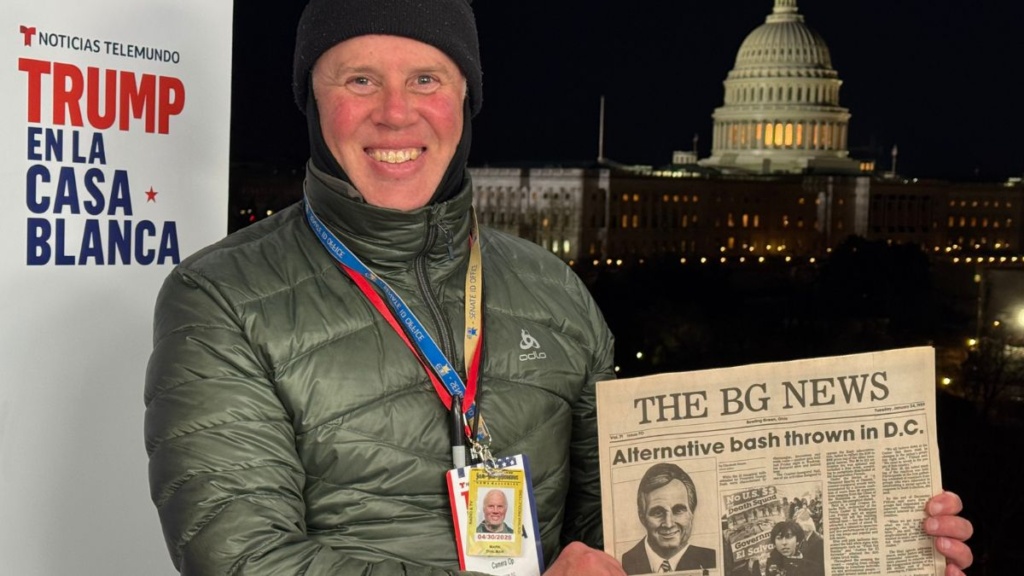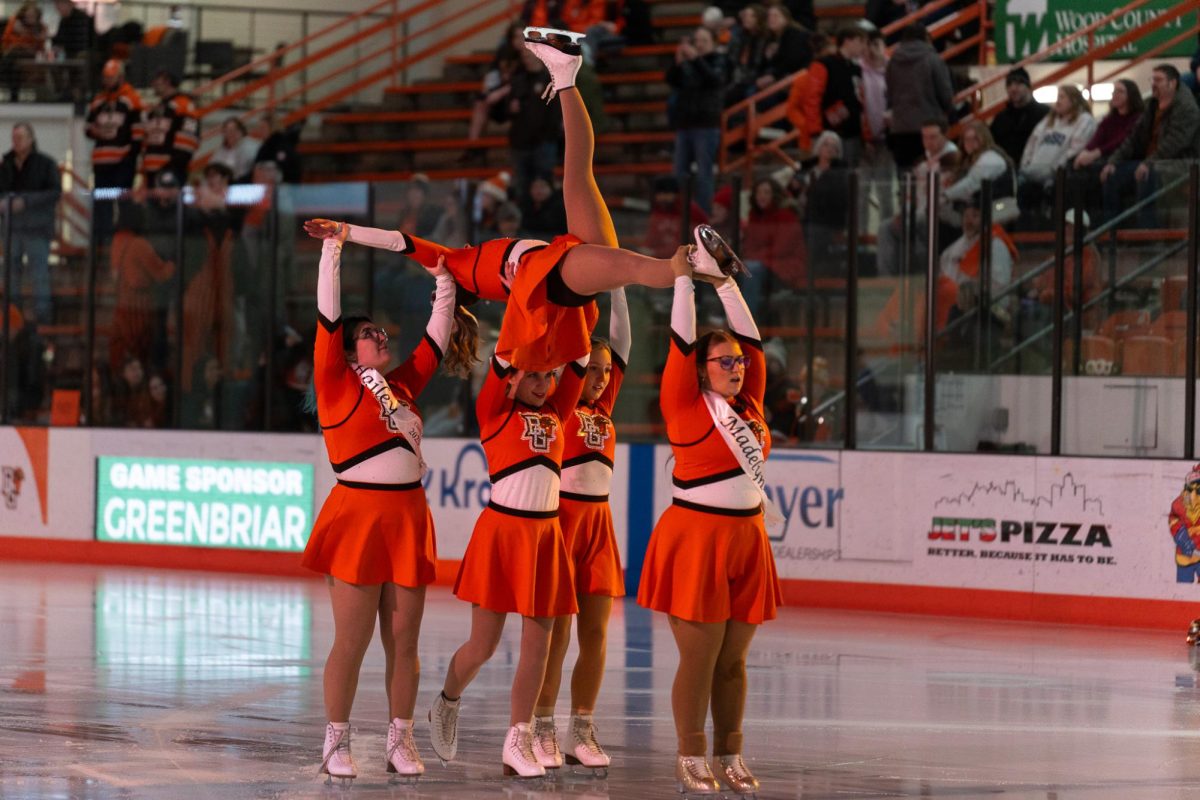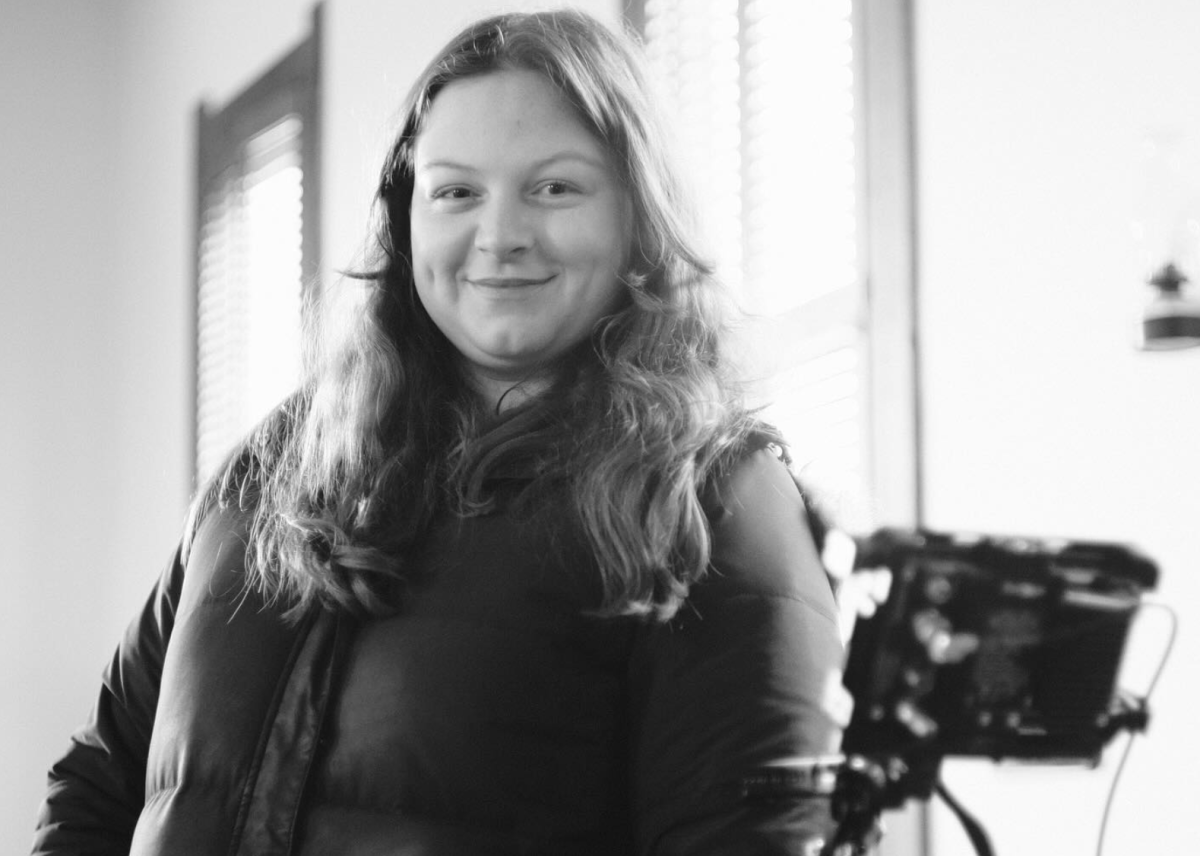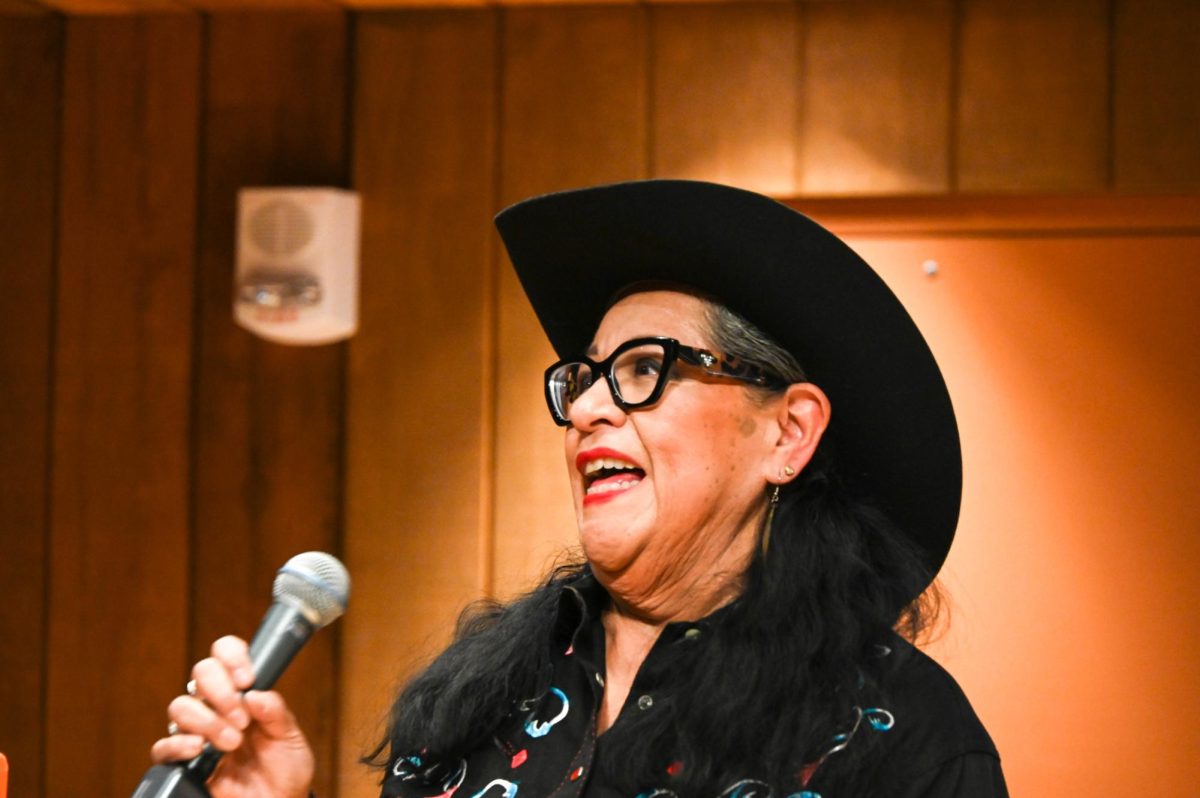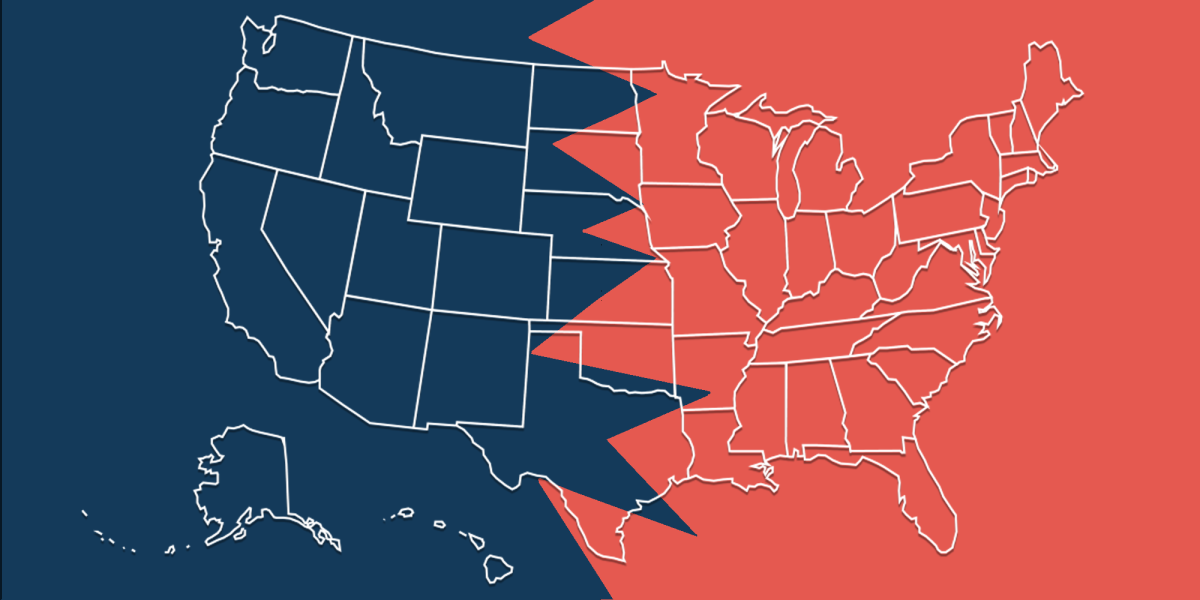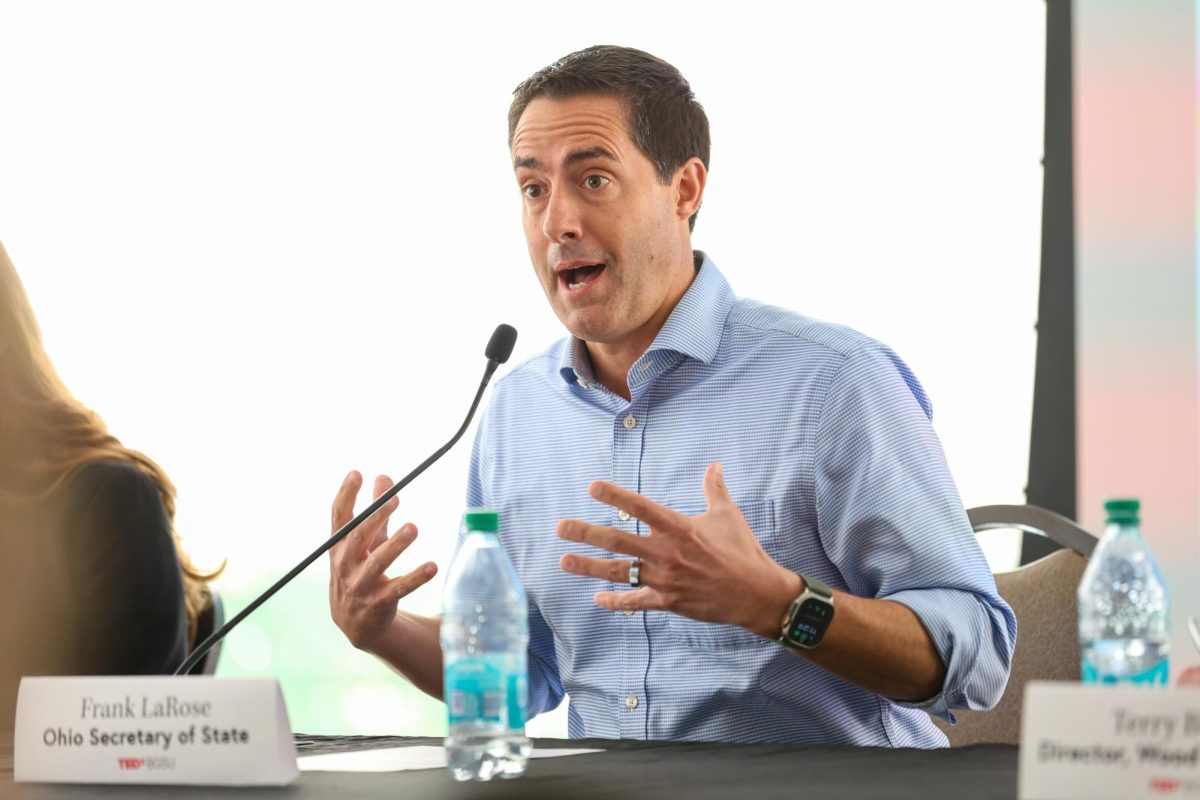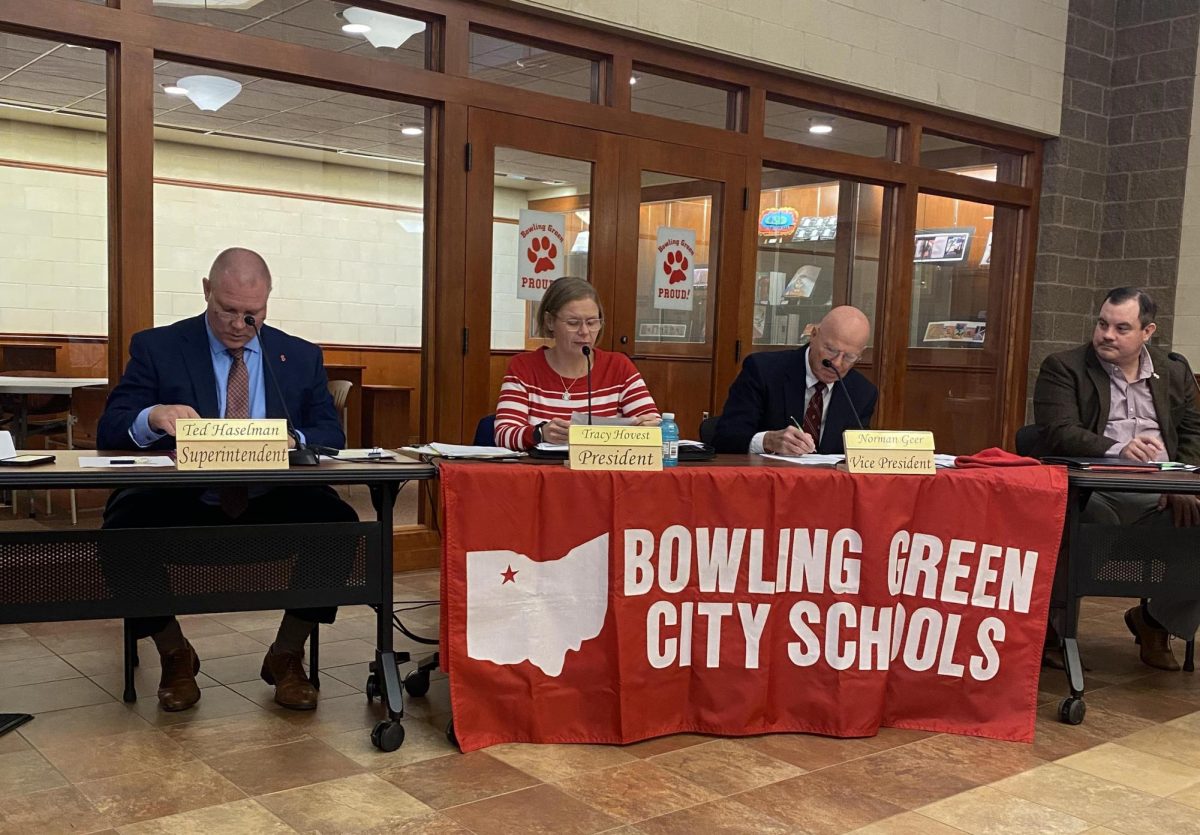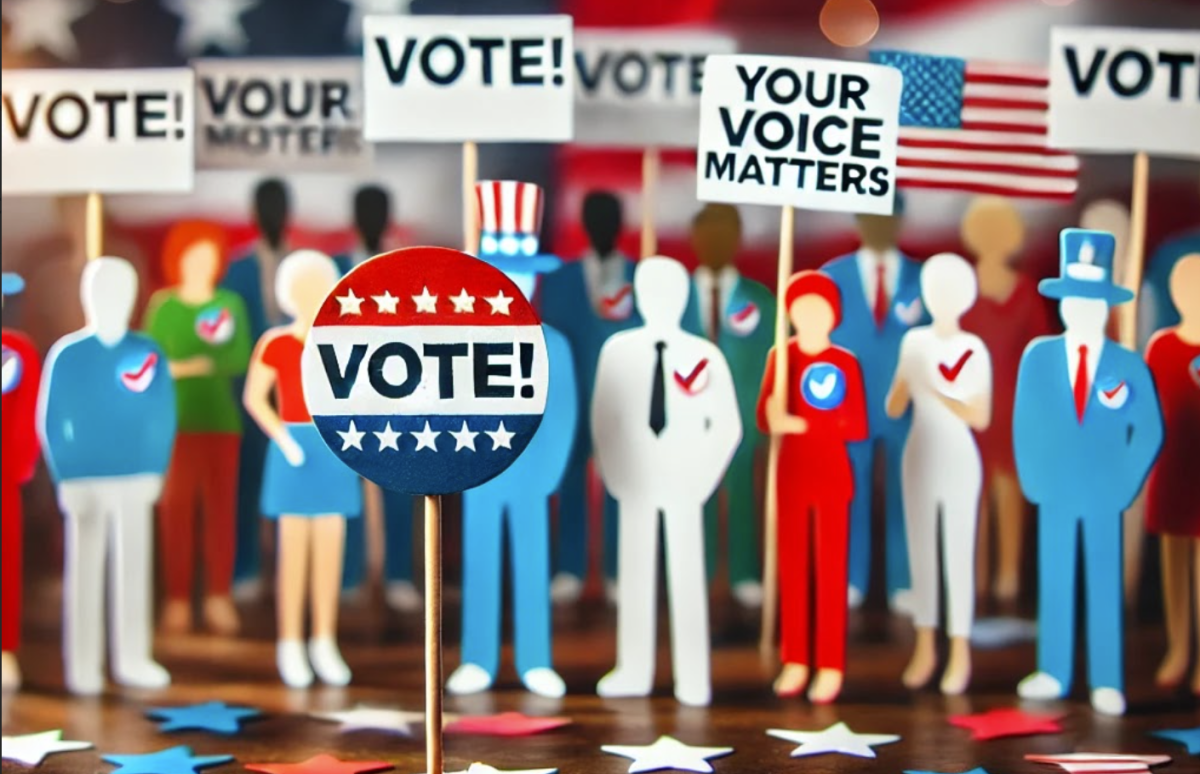Speculation about who will run the White House in 2025 reached a new peak with the recent legalization of betting on this year’s presidential election.
The online prediction market Kalshi is a New-York based startup that began pushing for the institution of legal betting on the election in 2023. They have since been in an ongoing legal dispute with the Commodity Futures Trading Commission (CFTC) regarding whether this type of betting should be legal.
On Sept. 12, U.S. District Judge Jia Cobb ruled in favor of Kalshi’s launching this type of prediction market. Kalshi immediately opened its market to take political bets but was temporarily halted by an appeal made by the CFTC to the DC Circuit Court of Appeals. The U.S. District Court has since opened the market for political betting back up.
According to CNN, Cobb released her formal opinion stating that Kalshi’s market does not offer contracts are not for illegal behaviors.
“Kalshi’s contracts do not involve unlawful activity or gaming. They involve elections, which are neither.”, Cobb wrote in her opinion.
Kalshi has essentially paved the way for other prediction markets like PredictIt and Interactive Brokers to permit similar political wagers on their sites, too.
Domestically, this betting may not have previously been legal; however, offshore betting markets have long been in existence. Polymarket, the world’s largest prediction market, has become an increasingly popular offshore betting market for foreigners this election cycle.
While the recent court case involving Kalshi has legalized political betting in the U.S., U.S. citizens are not permitted to trade on Polymarket in any form. Polymarket’s “Terms of Use” explicitly states their “supported contracts are not offered to persons or entities who reside in, are citizens of, are located in… the United States of America.” This restriction came as a result of a 2022 settlement with CFTC regulators.
Legal political betting in the United States has come less than two years after sports betting was made legal in Ohio, as per the repeal of Section 3772.28 of Revised Code in House Bill 29. The quick turnaround from more relaxed, recreational sports betting to the increased intensity of political betting has brought forth concerns for the integrity of the U.S. democracy.
To understand where this growth in betting markets originates, though, it is necessary to look at the characteristics of betting itself. Dr. Michael J. Zickar of BGSU discussed how betting is related to the different parts of the brain that control addiction and pleasure seeking actions.
“Betting is just one of the many types of behavioral addictions that trigger the same set of systems,” Zickar said.
The prefrontal cortex controls impulses and makes decisions while the amygdala is responsible for modulating emotions. According to Zickar, these parts work in tandem to create the tendency for betting to be an addictive behavior.
In addition to the addictiveness of betting behaviors, the endorsement of Elon Musk, businessman and owner of X, may have a hand in how involved American citizens are in these betting markets. According to The New York Times, post’s made by Musk on Oct. 7 could be acting as a promoter for Trump on betting markets.
On Oct. 7 at 10:42 a.m., Musk’s political-action committee posted data suggesting Trump winning Pennsylvania on X. In the two minutes following the post, Trump’s 2% odds for winning Pennsylvania jumped to 10%. Additionally, Musk has changed the @America handle on X to lead to a PAC that essentially breaks down his reason for supporting Trump for President. All in all, Musk is a major Trump supporter whose public influence may be steering other supporters to bet on Trump.
Musk’s public influence behaves in a way that is similar to other major celebrities. What about celebrities endorsing a specific candidate or issue stirs up the public, though? Professor David J. Jackson of BGSU addresses this question in his research “The Effects of Celebrity Endorsements of Ideas and Presidential Candidates”. Jackson’s research looks at how celebrity endorsements work in relation to ideas/issues and to possible presidential candidates.
“The pattern is that familiarity alone does not make a celebrity influential, but favorable feelings toward the celebrity are essential as well,” Jackson’s research states.
This pattern also ties into the theory of identification referenced by Jackson. This theory states that people may come to identify with a celebrity to the extent that they agree with their values and adopt them as their own. Overall, the interaction between this theory of identification with, familiarity with, and feelings about Musk may be swaying more people to bet on Trump.
All psychology considered, these prediction markets have been hopping with activity since the very second they were opened. As of Sunday Nov. 3, odds on Kalshi favored Trump by a landslide of 52% compared to Harris at 48%. Prediction markets have swiftly jumped back and forth between candidates, keeping the predicted outcome of the election fairly uncertain.
According to The New York Times, proponents of prediction markets say they are better than polls because they can adapt quicker following developments. Considering Trump’s odds jumped after Musk’s endorsement of him, it can be concluded that these betting markets are adaptable in some capacity.
However, there are concerns of how these markets may be manipulated to shield betters from certain outcomes. This manipulation would mean that the markets themselves are not as accurate as they seem to be. For this reason, Better Markets, a non-profit organization that advocates for financial reform, told CNN that these markets may erode public trust in both markets and democracy. Much is still unknown about the long term impact these markets may have.
While political betting markets have long been present on an international level, the domestic level of prediction markets is still strongly speculative. Essentially, it comes down to whether or not these markets will remain legal in the U.S. and be regulated or if they will be moved back offshore.





